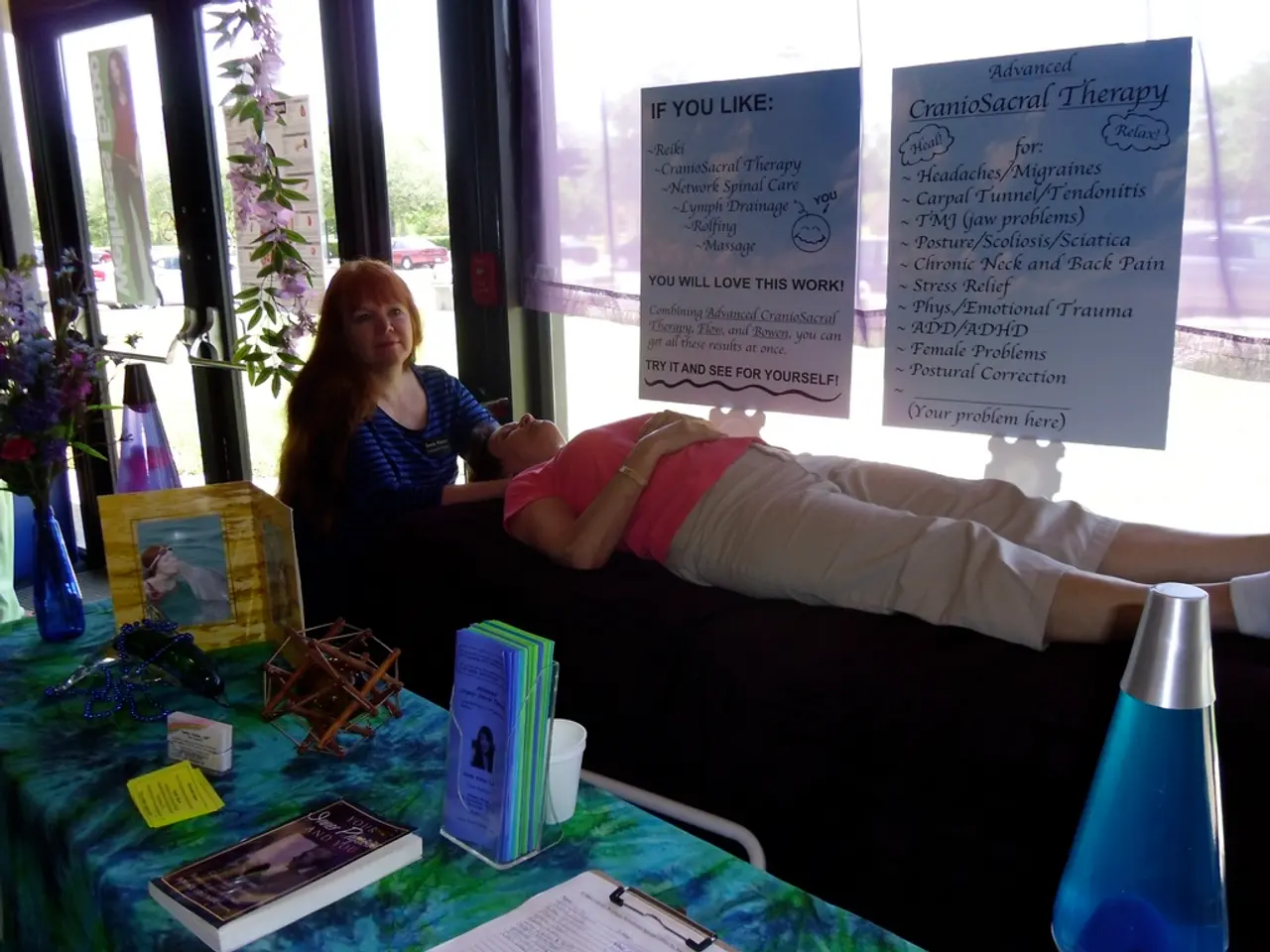Causes Behind Social Anxiety Disorder
Social anxiety, also known as social phobia, is a condition that causes problems interacting with others or completing daily tasks. According to the Diagnostic and Statistical Manual of Mental Disorders (DSM-5-TR), symptoms of social anxiety include fear or worry in social situations, avoidance of social situations, and significant distress caused by social anxiety.
Research suggests that social anxiety can be triggered by a combination of genetic and environmental factors. Genetic factors linked to social anxiety include a hereditary disposition, where if one identical twin has social phobia, the other has a 30–50% chance of developing it. Specific genes or exact genetic mechanisms have not been conclusively identified yet.
Overprotective parenting styles and exposure to bullying or cyberbullying have also been linked to social anxiety in some studies. Some research indicates that a correlation between introverted traits and high social anxiety may exist.
Therapy and medication are recommended for the treatment of social anxiety. Cognitive behavioral therapy (CBT) can help you recognise unhelpful patterns of thoughts, feelings, and behaviors and replace them with more beneficial ones to decrease anxiety and panic. Exposure therapy, a technique used in CBT, helps you face your fears in a controlled environment to decrease avoidance of the anxiety trigger.
Social skills training, which teaches individuals social skills, can help reduce the number of social interactions that are feared or avoided. Acceptance and commitment therapy (ACT) doesn't focus on symptom reduction for social anxiety but instead helps you focus on living a more meaningful life, which can result in reduced social anxiety.
Although medication helps with anxiety, it's not an effective final treatment option. Combining antidepressants with therapy can provide many benefits. Pregabalin, selective serotonin reuptake inhibitors (SSRIs), benzodiazepines, gabapentin, phenelzine, and venlafaxine are common medications for social anxiety.
For individuals dealing with social anxiety, resources such as the National Social Anxiety Center offer support through others' stories and self-help videos. Additionally, research reviews have found that yoga, mindfulness, and applied relaxation can help treat anxiety disorders, including social anxiety. Physical activity may also reduce social anxiety in adults.
In conclusion, social anxiety is a complex condition that can be influenced by both genetic and environmental factors. However, with the right treatment, including therapy and medication, individuals can learn to manage their social anxiety and live fulfilling lives.
Read also:
- visionary women of WearCheck spearheading technological advancements and catalyzing transformations
- Recognition of Exceptional Patient Care: Top Staff Honored by Medical Center Board
- A continuous command instructing an entity to halts all actions, repeated numerous times.
- Oxidative Stress in Sperm Abnormalities: Impact of Reactive Oxygen Species (ROS) on Sperm Harm








